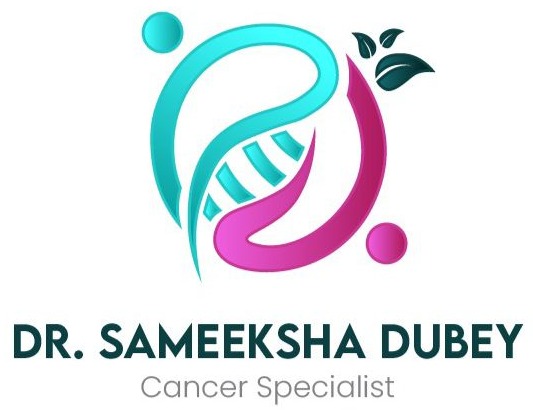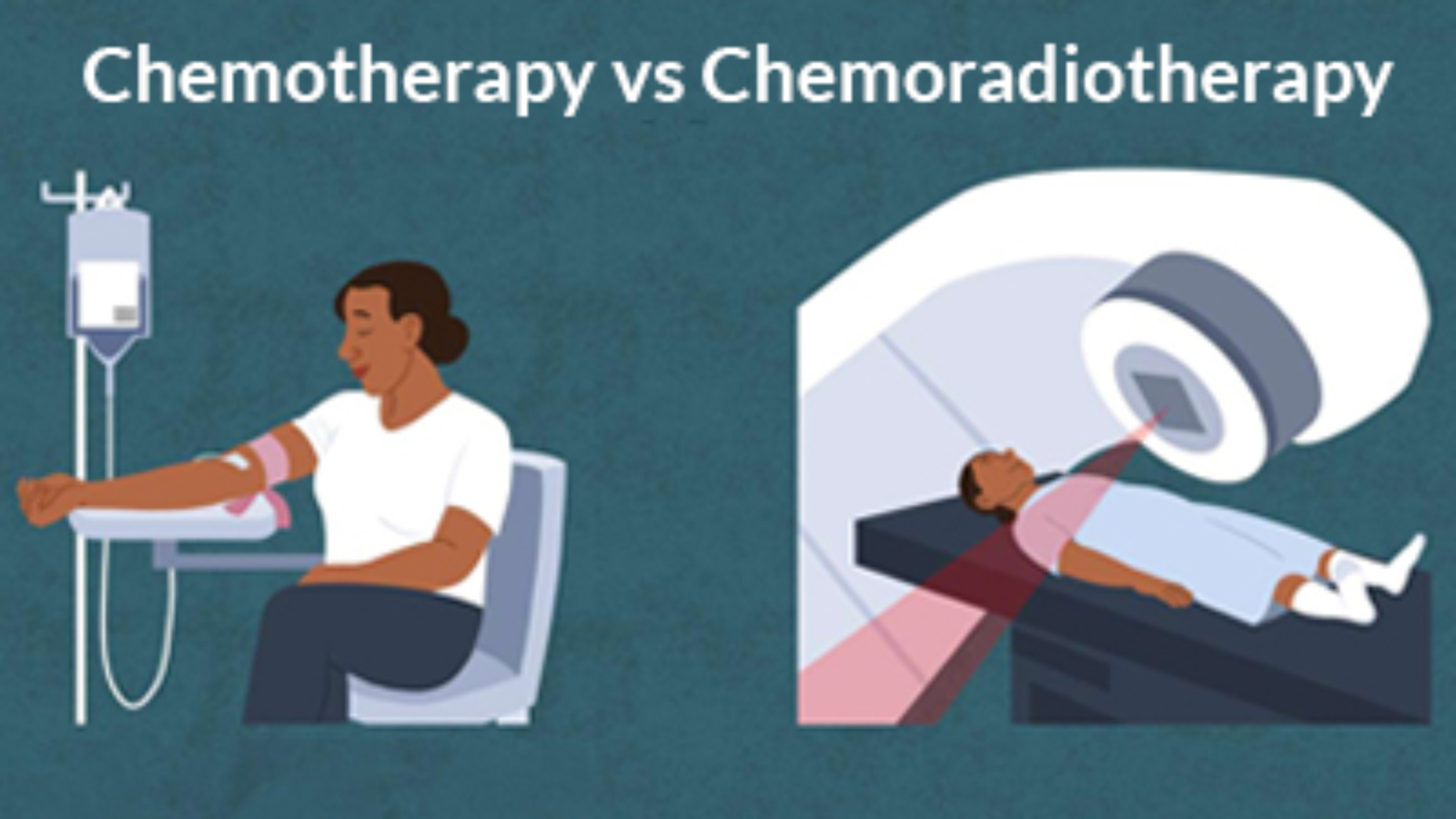Chemoradiotherapy (CRT) is the combination of radiotherapy and chemotherapy as a treatment for cancer. Through the years CRT has grown into an effective treatment for a variety of locally advanced solid tumors, while also providing patients with a higher survival chance from local control of disease without any long-term or significant toxicities. This article on Chemoradiation therapy or CRT or chemoradiotherapy will help the patients and their family members learn more about this procedure.
Chemoradiotherapy Treatment Explained
Chemoradiation is a treatment for cancer that blends two effective treatment options: radiation and chemotherapy.
Chemoradiation isn’t the best option for everyone or all cancers, these two intensive chemotherapy treatments simultaneously can be very difficult to bear. However, the advantages of chemoradiation are significant in certain circumstances.
For certain patients with certain kinds or types of cancers, radiation therapy can aid in stopping the progress of the growth of tumors. It could increase the chances of survival and may even prove curative in some cases.
Chemoradiation is generally a treatment option for:
- lung cancer
- cervical cancer
- anal cancer
- bladder cancer
- head & neck cancer
- esophagus cancer
- gallbladder cancer
- rectum cancer
- brain tumor
- stomach cancer (in some conditions)
When is Chemoradiotherapy used?
Since the treatment is only effective for controlling certain types of cancer and not all, based on the kind of cancer you’re suffering from, your doctor can choose chemotherapy treatment for you. Listed below are some conditions where doctors generally apply Chemoradiotherapy treatment:
- as your primary treatment for cancer.
- for cancers that cannot be treated surgically
- prior to surgery to reduce the size of the tumor, known as neoadjuvant therapy.
- after surgery to decrease the risk of cancer recurring, referred to as adjuvant therapy.
Is Chemoradiotherapy similar to Chemotherapy?
Chemoradiotherapy is a combination of chemotherapy along with radiotherapy. While you undergo radiation therapy treatment, you get chemotherapy therapy The drugs, administered either intravenously or orally are distributed throughout the body that works to kill cancerous cells. The procedure of treatment is exactly the same as simply receiving chemotherapy.
Basically, chemoradiation is a treatment that comes with radiation at the same time when the chemo-drugs are in your system or just prior to or following depending on the duration of the treatments. The treatment uses targeted high-energy rays that destroy cancerous cells and tumors.
While chemoradiation can be beneficial for certain types of cancer, doctors generally do not recommend it for all types of cancer. Moreover, don’t ignore the fact that it can produce side effects that can be difficult to manage.
What is the duration of the Chemoradiotherapy treatment?
The duration of your chemoradiation therapy may be different based on the kind that cancer is being treated and the amount of radiation used. The timings for chemotherapy and radiation might not coincide exactly. For instance, you may undergo radiation every day of the week for five weeks.
During this period it could be two weeks when you take an anti-cancer capsule or receive chemotherapy intravenously each day and a week where you don’t receive chemotherapy.
You’ll be tested following the initial chemoradiation as these tests help your doctor to determine the next treatment step. It could be a repeat cycle of chemoradiation, surgery or an alternative treatment alternative.
Side Effects
During the Chemoradiotherapy procedure, the severity of side effects can vary between individuals and are sometimes difficult to bear. The severity of side effects may also depend on the kind of chemotherapy used as well as the intensity and location of radiation. They may be more severe and cumulative when both treatments result in them.
It is important to report any adverse reactions to your medical team. Your doctor may modify your dose to reduce the severity of the side effects that may include:
- nausea and vomiting
- diarrhea or constipation
- loss of appetite
- fatigue
- weakness
- throat pain
- mouth sores
- trouble swallowing
- shortness of breath
- tightness or pain in your chest
- hair loss
- fever
- dry cough
- infections
- changes to the way your skin looks or feels
- easy bruising or bleeding
Conclusion
While being a combination of chemotherapy and radiation therapy to fight cancer, it might not be a suitable option for everyone or all kinds of cancer. However, in the case of cervical cancers, anal or lung cancer, it could be an effective treatment option that enhances the outcome and the likelihood of survival.
Usually the chemoradiation procedure goes in cycles, the duration of these cycles depends on the dose of chemoradiation you receive and the kind of cancer the patient is suffering from.
The effects of the treatment can be diverse and thus we recommend consulting with Dr. Sameeksha Dubey who is a renowned physician in the field. With years of expertise, the doctor can advise you about the personalized treatment options that you may proceed with after a cancer diagnosis. Book your appointment now!

